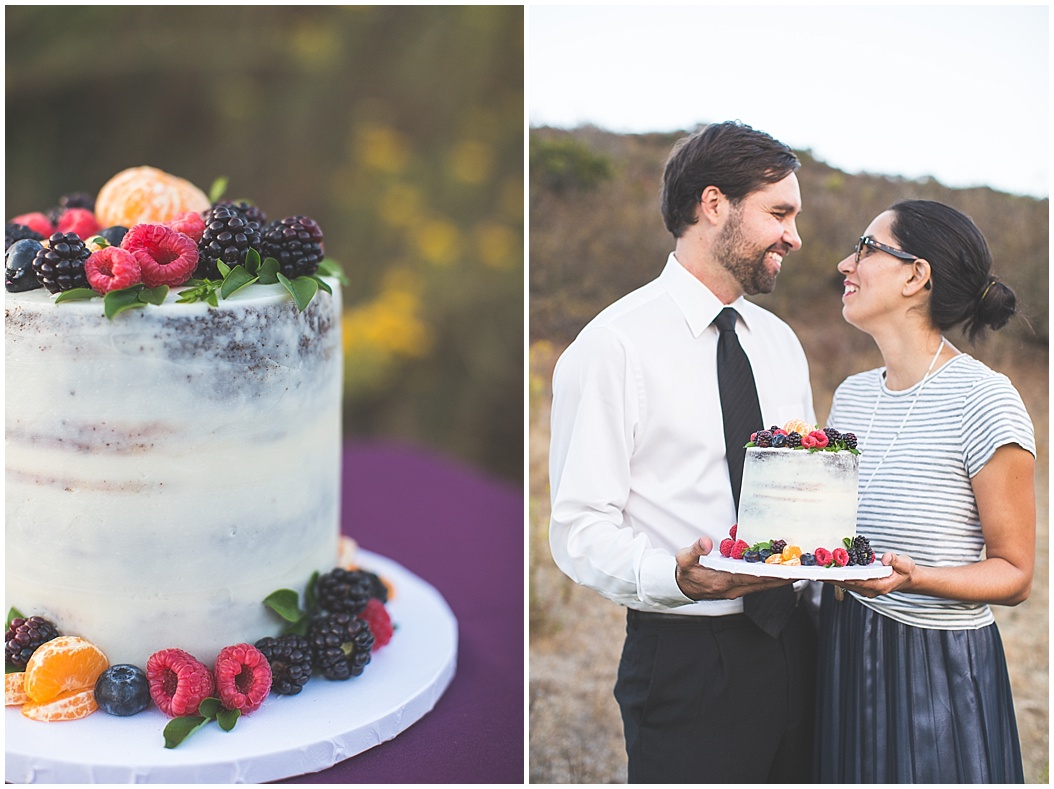Reflections on 10 Years of Marriage
/ANDI COMPTON
By the grace of God, my husband Matt and I have now been married for 10 years. We were married on one of Our Lady's feast days, and she really took care of all the details that day and throughout our honeymoon. Twenty-one year old Andi had no idea what the next decade of her life would bring, but standing here on the other side, I’d love to share with you some insights I’ve gained through it all.
Pray for each other unceasingly.
Thank God on your knees for the gift of your spouse and your vocation. Invite him into your decisions, large and small. Even a simple prayer of, “Lord, help me be a good steward of our money while I grocery shop” helps us keep God at the center of our thoughts and reminds us where all our blessings flow from.
There will be seasons.
Some years are just amazing, completely full of grace and tangible joy. Others have felt like overwhelming dark valleys where we’re just barely hanging on together. This is why I love the part in the traditional vows where we promised to love each other for better or worse. Because there really will be better and worse days and seasons.
Stay close to the Church.
Make Sunday Mass, Holy Days, and confession a priority for your family. Even on vacation. Even when you have to split up and take kids to different masses. Even when it seems pointless, just go and give yourself to God. Try to go to confession once a month and make a date out of it. If it becomes a habit now, it’s much easier to incorporate kids into the routine later on.
New identities and roles take time to get used to.
It takes awhile getting settled into a new identity as a wife (or a husband) and to set healthy boundaries with family and friends. It’s all trial and error. For me, the two hardest adjustments were learning how to have a roommate and checking in with my husband before making large purchases. As an only child who lived at home until marriage, I’d never really learned how to share my space with others, and I had no idea of all the work it takes to take care of a home (bills, maintenance, cleaning, cooking, and more). I even joked with Matt that we should just get a bunk bed so I didn’t have to share my bed with him. Fast forward to ten years later and I can’t sleep if he’s not there!
Embrace NFP, especially when it's hard to do.
Natural Family Planning has been a real gift to us despite it being something so counter cultural and, some days, a huge spiritual battle for me to want to stick with it. Every couple will have a different experience during different seasons, and I want you to know that it’s okay.
Some couples will choose never to use NFP, joyfully accepting children if and when they come. Others will struggle immensely to abstain during fertile times but know it’s a cross they have to bear for a season. And then there will be those who honestly don’t struggle as much with abstinence and, due to circumstances have to abstain for months or years at a time. I’ve experienced all of the above situations and it’s likely you and your spouse will encounter a wide range of emotions towards how God is calling you to use NFP for the moment. And that's alright.
So long as we hold to the truth that God is in charge of our families, use our best discernment through prayer--individually and as a couple--and bring in a spiritual director if needed, we can make the best decisions for our families.
Learn to be vulnerable.
It takes time and patience to trust another person 100% with your spiritual life, emotions, sexuality, possessions, and the parts of your personality the rest of the world doesn’t see. There have been times in our marriage where that trust has been broken, and when we had to show love for one another by asking forgiveness and working towards complete vulnerability once again. Couples therapy can be a wonderful tool, and there is absolutely no shame in asking for help when you need it.
I think the wedding toast we’ve prepared for our kids pretty much sums up our thoughts on marriage: “May you be a slave to one another, but most of all to Christ.”
What’s one thing you’ve learned in your months or years of marriage that you’d like to share with other brides and wives?
Photography: Rae and Michael Photography | Shoot Location: Rancho Buena Vista Park, Vista, CA | Cake: Mili's Sweets | Andi's Apparel: Shirt, J. Crew. Necklace, Loft. Dress, Adrianna Papell. Shoes, Sam Edelman.
About the Author: Andi Compton is Spoken Bride's Business Director. She is the owner of Now That's a Party where she coordinates weddings, fundraising galas, and social events. Read more

















































